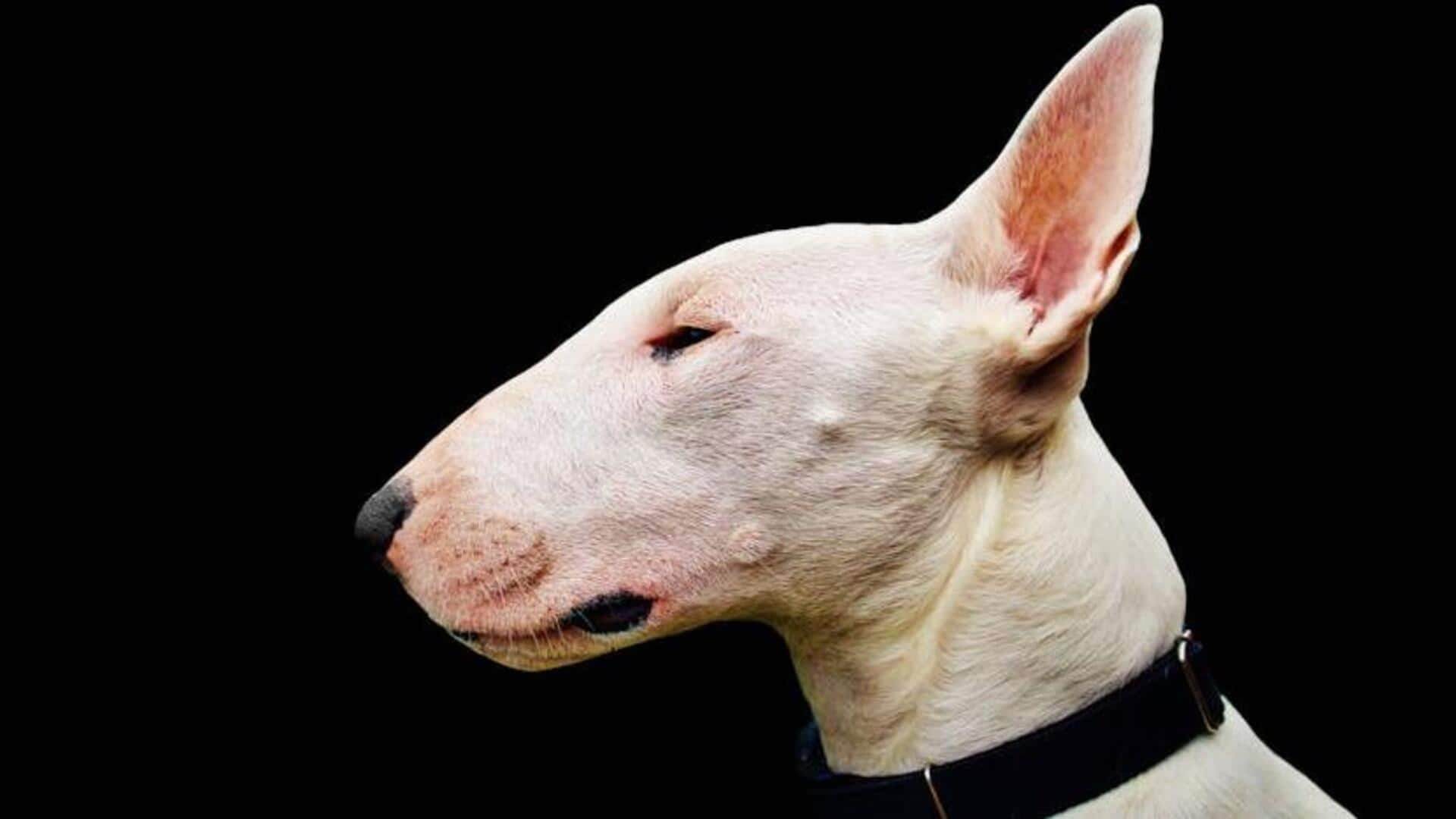
Check out Bull Terrier's dental care tips
What's the story
The Bull Terrier, known for its egg-shaped head and muscular build, is a breed that requires specific care to maintain its health. One critical aspect often overlooked is dental health, which is vital for the overall well-being of these energetic dogs. Ensuring proper dental hygiene can prevent various diseases and contribute to a longer, healthier life for your Bull Terrier.
Tip 1
Establish a dental routine early
Begin dental care for your Bull Terrier early by introducing them to teeth brushing while they're young. Employ a toothbrush and toothpaste specifically designed for dogs, as human dental products can be toxic to them. Ideally, brush their teeth daily; however, if that's not feasible, aim for a minimum of three times a week to prevent tartar accumulation and gum disease.
Tip 2
Choose the right diet
To aid in reducing plaque buildup, feed your Bull Terrier a diet primarily consisting of dry kibble rather than wet food. Additionally, incorporate dental chews or treats that are specifically designed to help clean their teeth as they eat. It's crucial to select these dental health products in sizes that are appropriate for your Bull Terrier to prevent any potential choking hazards.
Tip 3
Regular dental check-ups
It's crucial to schedule yearly dental check-ups for your Bull Terrier with a veterinarian. These essential visits are opportunities for dental professionals to detect early signs of oral health issues, including gingivitis and tooth decay. During these check-ups, vets may also suggest professional cleanings to thoroughly remove any buildup of plaque or tartar that could lead to more serious dental problems if left untreated.
Tip 4
Recognize signs of dental issues
As a Bull Terrier owner, it's crucial to be alert for signs of dental discomfort. Persistent bad breath, reluctance or difficulty when eating, increased drooling, and tartar visible on the teeth can all signal dental issues. These symptoms should prompt an immediate consultation with your veterinarian to diagnose and treat any problems early, preventing further complications in your dog's oral health.